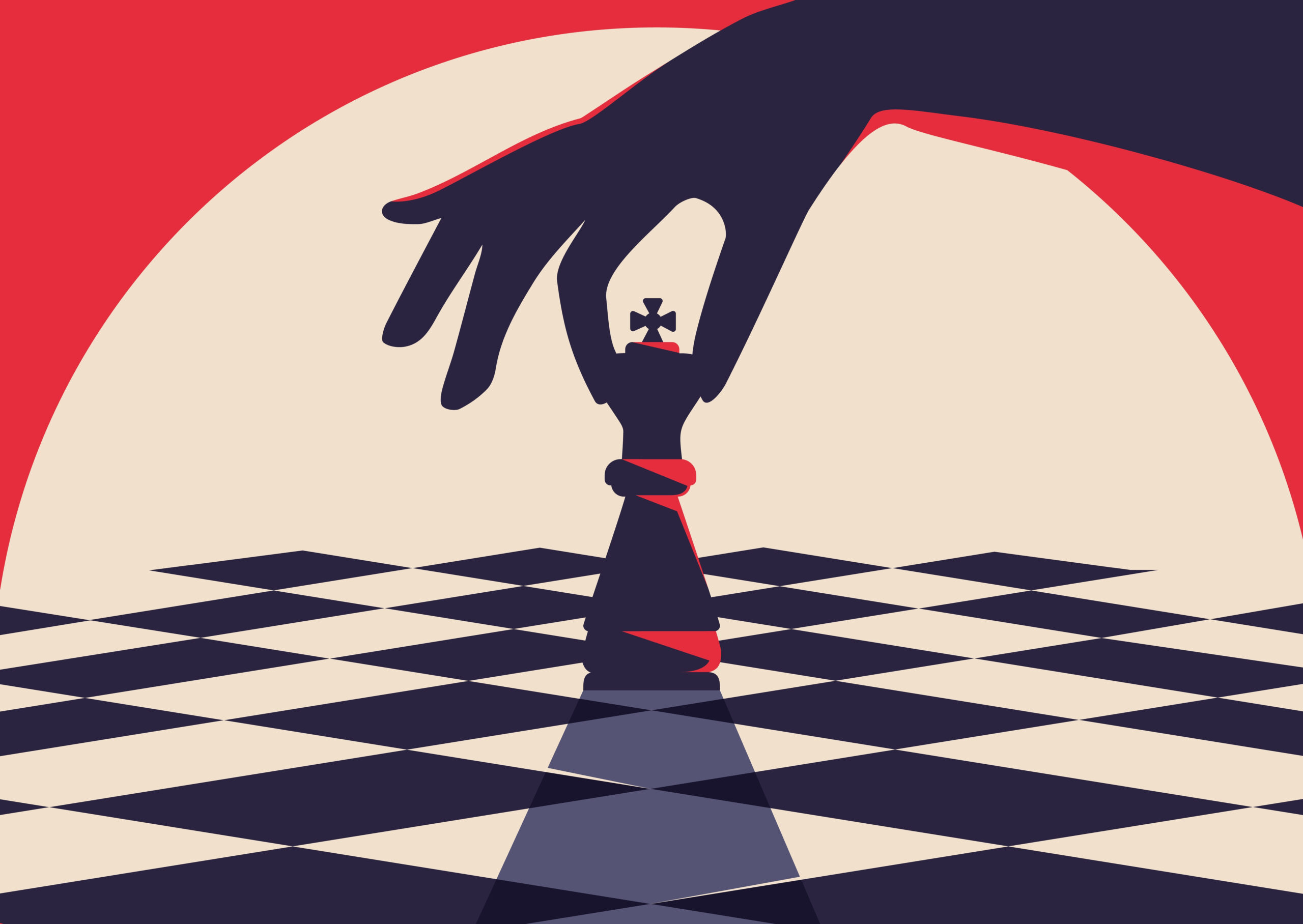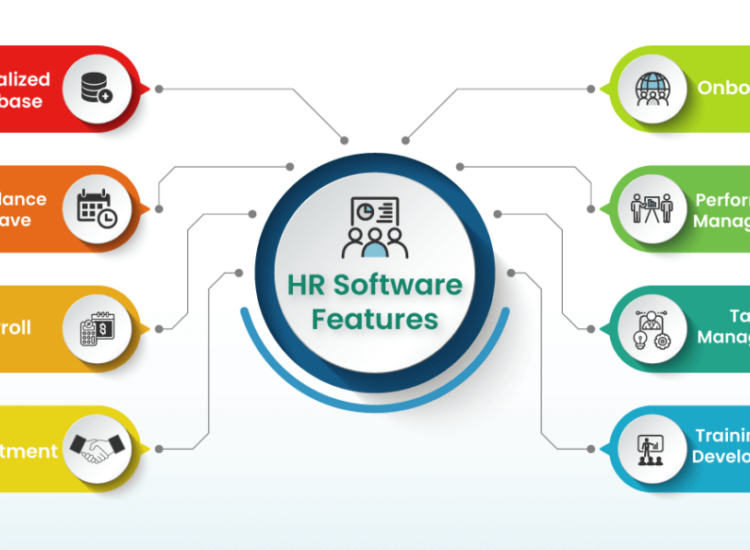In parliaments and on social networks, the rapid progress of AI is livening up discussions. In the future, what impacts can we expect on our society? To try to answer this question in a dispassionate manner, we propose to look at what happened in a sector which has already experienced the arrival and victory of AI over human capabilities: chess. The machine has in fact been at a level higher than that of humans for more than a quarter of a century now.
Toc
Why chess as an indicator?

Since the beginning of computing, failures have been used as an indicator of software and hardware progress. It is an interesting game on multiple levels to study the impacts of AI on society:
- It is an intellectual activity that requires different skills: spatial visualization, memory, mental calculation, creativity, ability to adapt, etc., skills on which AI competes with the human mind.
- The game hasn’t changed in centuries. The rules are well established and this provides a stable basis for studying player development.
- It is possible to measure the strength of machines objectively and compare this level to that of humans with the Elo ranking.
- The field of study is narrow: it is clear that chess is only a very small aspect of life, but that is precisely the point. This narrowness of the subject makes it possible to better target the impacts of AI on everyday life.
- AIs have outperformed the best human players for over 20 years. It is therefore possible to see what the concrete impacts were on the game of chess and the life of its community, which can be seen as a microcosm of society. We can also study these impacts with regard to the progression of AI over time.
Let’s explore what’s been happening in the world of chess since Gary Kasparov, then the reigning world champion, lost a game to Deep Blue in 1996, and then the rematch played in 1997. We’ll review several recurring themes in the discussion on the risks linked to AI and see what happened to these speculations in the particular field of chess.
Will AI performance continue to increase ever faster?
There are two main schools of programming chess software: for a long time, only brute force worked. It was essentially a matter of calculating as quickly as possible to have a deeper move tree, that is to say capable of anticipating the game further into the future.
Today, brute force is in competition with AI techniques from neural networks. In 2018, Google subsidiary DeepMind produced AlphaZero, an artificial neural network deep learning AI, which learned on its own by playing chess against itself. Among the most powerful software today, it is remarkable that LC0, which is a neural network AI, and Stockfish, which is essentially a brute force calculation software, both have similar results. In the latest rankings from the Swedish Computer Chess Association (SSDF), they are separated by only 4 Elo points: 3,582 for LC0 compared to 3,586 for Stockfish. These two completely different ways of implementing a chess engine are virtually indistinguishable in terms of strength.
In terms of Elo points, the progression of the machines was linear. The following graph gives the level of the best software each year according to the SSDF ranking which began since the mid-1980s. The current best software, LC0, is at 3586, which extends the figure as one would expect.
This linear progression is in fact the reflection of a fairly slow progression of software. Indeed, progress in computing power is exponential. It is the famous Moore’s Law which states that the computing power of computers doubles every eighteen months.
However, Ken Thompson, an American computer scientist who worked in the 1980s on Belle, at the time the best chess program, had experimentally observed that an exponential increase in computing power led to a linear increase in the strength of software, as it has been observed in recent decades. Indeed, adding an extra bit of computational depth involves calculating many more new positions. We thus see that the tree of possible moves is wider and wider at each stage.
Progress in AI as such therefore seems weak: even if it did not progress, we would still observe an increase in the strength of software simply because of the improvement in the computing power of machines. We therefore cannot give advances in AI all the credit for the constant improvement of computers in chess.
Reception by the chess community
With the arrival of powerful machines in the world of chess, the community has necessarily evolved. This point is less scientific but is perhaps the most important. Let us observe what these developments were.
“Why would people continue to play chess? » This question really arose just after Kasparov’s defeat, when the future of amateur and professional chess seemed bleak. It turns out that humans prefer to play against other humans and are always interested in the spectacle of strong grandmasters playing against each other, even if machines can detect their mistakes in real time. The prestige of top chess players has not been diminished by machines being able to beat them.
The style of play has been impacted on many levels. Essentially, players realized that there were many more possible approaches to the game than previously thought. It was academicism, the rigid rules, which took a hit. We still need to succeed in analyzing the choices made by the machines. AIs are also very good at pointing out tactical errors, that is to say calculation errors over short sequences. Online, it is possible to analyze games almost instantly. It’s a bit like having a private teacher at your fingertips. This has surely contributed to an increase in the general level of human players and the democratization of the game in recent years. For the moment, the AIs cannot provide good strategic advice, that is to say longer-term considerations in the game. This may change with language models, such as ChatGPT.
AIs have also introduced the possibility of cheating. There have been many scandals on this subject, and we must recognize that to date there is no “good solution” to manage this problem which echoes the questions of teachers who no longer know who, from ChatGPT or students, return their homework.
Temporary conclusions
This quick review seems to indicate that at present, most of the fears expressed regarding AI are not experimentally justified. The game of chess is an interesting historical precedent for studying the impacts of these new technologies when their capabilities begin to exceed those of humans. Of course, this example is very limited, and it is not possible to generalize it to the whole of society without precaution. In particular, the AI models that play chess are not generative AIs, like ChatGPT, which are the ones that are most talked about recently. Nevertheless, failures are a concrete example that can be useful to put into perspective the risks associated with AI and the significant influence it promises to have on society.










